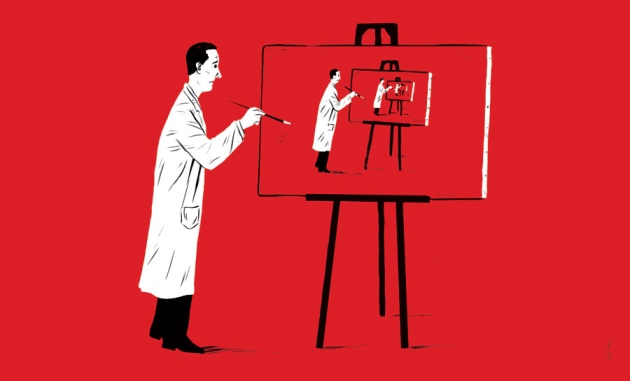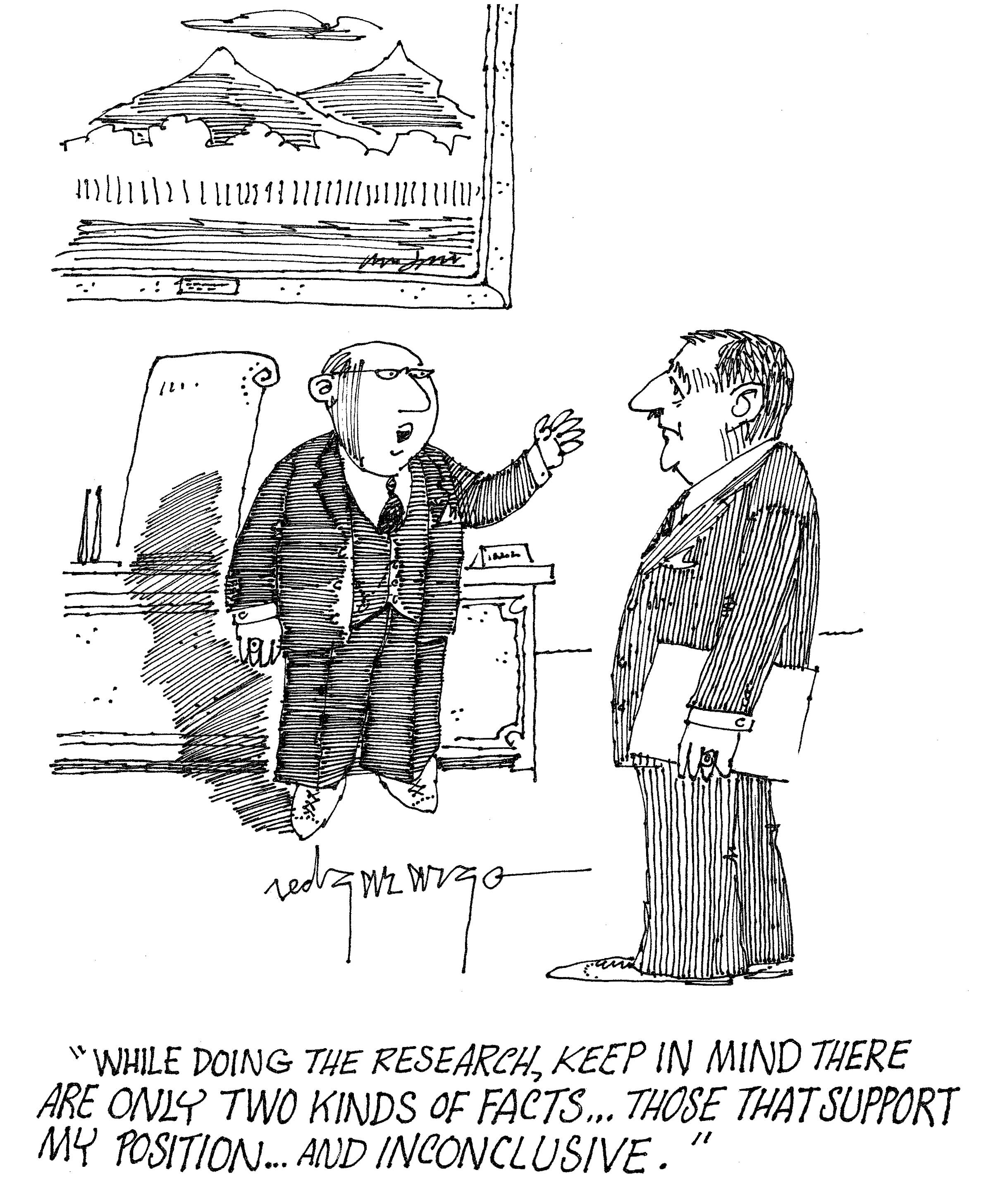Social Psychology of Christmas
There are three stages of man: he believes in Santa Claus; he does not believe in Santa Claus; he is Santa Claus. — Bob Phillips
With Christmas just tomorrow, I decided to give you, dear reader, a present. That is, today’s bit of psychophilosophy comes to you in the form of a holiday poem. Enjoy!
‘Twas the night before Christmas, when all through the house,
Not a creature was stirring, not even a mouse.
Well, not a mouse with a tail and downy, white fur,
For a mouse with two buttons and wheel was a blur.
As usual, Jake wrote his blog at last minute—
Coming up with a topic and then trying to spin it.
So let’s begin with the basics and talk simple persuasion:
Why do stores play Christmas music? It’s not for elation.
You see, Christmas music for most has good memories,
And these cheery thoughts recharge our happiness batteries.
Being happy, in turn, makes spending money less averse;
So when we hear “Frosty the Snowman,” we reach deep in the purse.
Now, just because Christmas makes our view on cash shift,
It doesn’t mean you should ever give cash as a gift.
The research here shows this present’s not beneficial;
It conveys that the relationship is rather superficial.
Furthermore, giving money implies a power contrast.
That is, by giving cash, you’re saying you’re the higher class.
However, this stipulation aside, give and give freely—
The studies all show that giving’s better than receiving.
For example, researchers polled 632 for their income
And found happiness depended on who it was spent on.
Rather than wealth, joy was correlated with where it went;
That is, those who used their money on others, were the most content.
But as any good researcher knows, we need better confirmation.
For as I’ll have carved on my tomb: correlation’s not causation.
So in this same study, the researchers went back to the lab,
Got a bunch of participants and had the following plan:
The people were given either $5 or $20 of real wealth;
Then they were either told to use it on others or themselves.
After eight hours, the scientists called the participants back in
And had them fill out some surveys to measure their happiness.
Regardless of amount, the researchers found
Using that $5 or $20 on others had effects profound.
People were significantly happier when not using it for themselves:
The real wealth in money coming from its use on someone else.
So this Christmas season, be happier by giving gifts.
Just remember: who’s the one always giving free psychophilosophy tips?
Merrily,
jdt
Burgoyne, C. & Routh, D. (1991). Constraints on the use of money as a gift at Christmas: the role of status and intimacy. Journal of Economic Psychology. 12(1), 47-69.
Dunn, E., Aknin, L. & Nortion, M. (2008). Spending money on others promotes happiness. Science. 319 (5870). 1687-8.









So, what I hear is cash is shallow
But gifts are hallow
truly if this is your belief
You have brought me great relief
For the cash that you will find under the tree
Can now be given to some one in need
The recipient should not care the form of the gift
As long as a gift is given
So to all that may read this post and think cash is bad
Jakes gift this year will be shared by many by his dad
MERRY CHRISTMAS
I had debated responding in verse, but your reply trumped anything I could retort. Well done, father.
Good one Jake & so true!
Thanks, Patty! I appreciate the kind words.